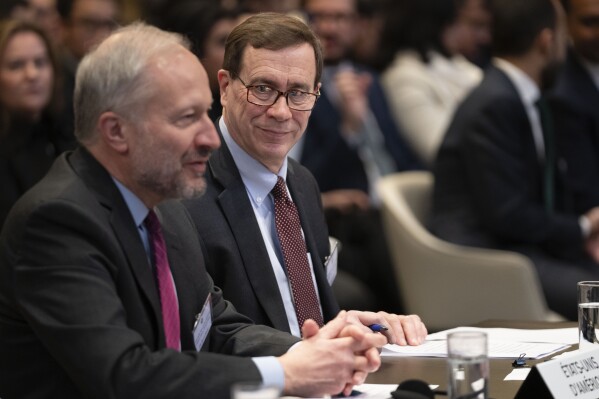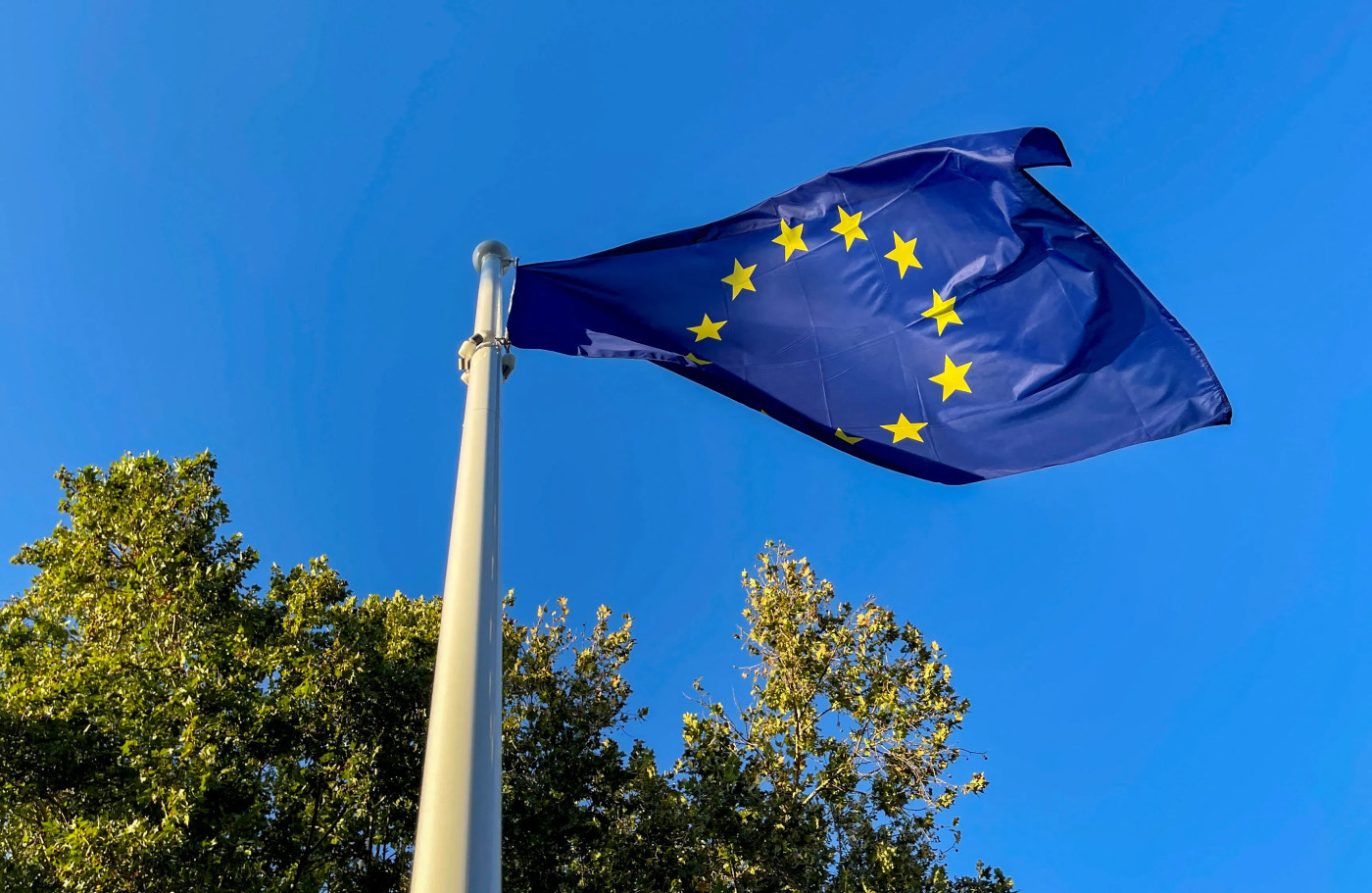Putin Victory More Likely Than Ukraine's for 8 NATO Countries: Poll
Eight NATO member states believe a victory for Russian President Vladimir Putin is more likely than Ukraine winning the nearly two-year-old war, according to an EU-wide poll commissioned by the European Council on Foreign Relations (ECFR).
The survey, conducted in January across 12 EU member states—Austria, France, Germany, Greece, Hungary, Italy, the Netherlands, Poland, Portugal, Romania, Spain, and Sweden—asked 17,023 respondents to answer what they believed is the most likely outcome of the Russia-Ukraine war.
Options included Ukraine winning the war; Ukraine and Russia reaching a compromise settlement; Don't care; None of these; Don't know; and Russia winning the war.
The publication comes ahead of the two-year anniversary of the Ukraine war, which began when Putin launched a full-scale invasion of the country in February 2022.
While most saw a "compromise settlement" being reached by the two nations as the most likely outcome of the war, eight NATO member states said they believed it is more likely that Russia will win the war than Ukraine.
These nations include the Netherlands (15 percent for Russia vs. 10 percent for Ukraine), Germany (19 percent for Russia vs. 10 percent for Ukraine), Spain (21 percent for Russia vs. 9 percent for Ukraine), Romania (18 percent for Russia vs. 9 percent for Ukraine), France (17 percent for Russia vs. 9 percent for Ukraine), Italy (19 percent for Russia vs. 6 percent for Ukraine), Hungary (31 percent for Russia vs. 4 percent for Ukraine), and Greece (30 percent for Russia vs. 2 percent for Ukraine).
The ECFR noted that respondents in three countries—Poland, Portugal, and Sweden—expressed a clear preference for supporting Ukraine to take back the territory that Russia has seized throughout the war.
Meanwhile, respondents from five other EU nations—Austria, Greece, Hungary, Italy, and Romania—tend to want their governments to push Ukraine to accept a settlement.
The prospect of peace talks between Kyiv and Moscow have been raised multiple times since Putin launched the full-scale invasion. The Russian president indicated a peace deal was still possible when he was interviewed by former Fox News host Tucker Carlson in a wide-ranging interview that aired on February 8.
The Kremlin has specified a few conditions that are non-negotiable for Russia, including that Ukraine must accept the September 2022 annexation of four of its regions—Luhansk, Donetsk, Kherson and Zaporizhzhia—following referendums called by Putin that were deemed illegal by the international community.
The Kremlin has said there can be no peace deal "that does not take into account today's realities regarding Russian territory, with the entry of four regions into Russia."
Meanwhile, Ukraine has said that any peace deal must invalidate the September 2022 annexations of its territory, and that the Crimean Peninsula, which Putin annexed in 2014, must once again be considered part of Ukraine.
Do you have a tip on a world news story that Newsweek should be covering? Do you have a question about the Russia-Ukraine war? Let us know via worldnews@newsweek.com.
Disclaimer: The copyright of this article belongs to the original author. Reposting this article is solely for the purpose of information dissemination and does not constitute any investment advice. If there is any infringement, please contact us immediately. We will make corrections or deletions as necessary. Thank you.

